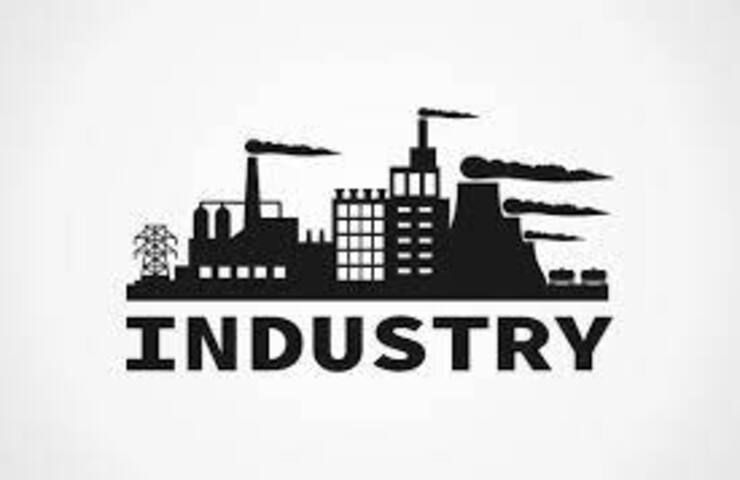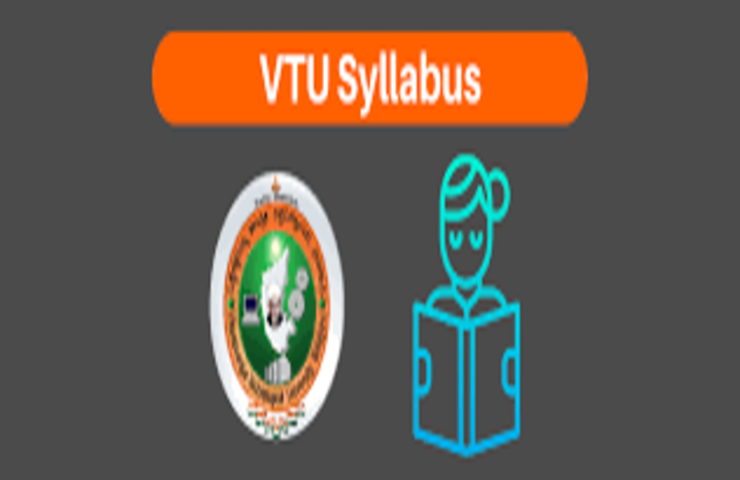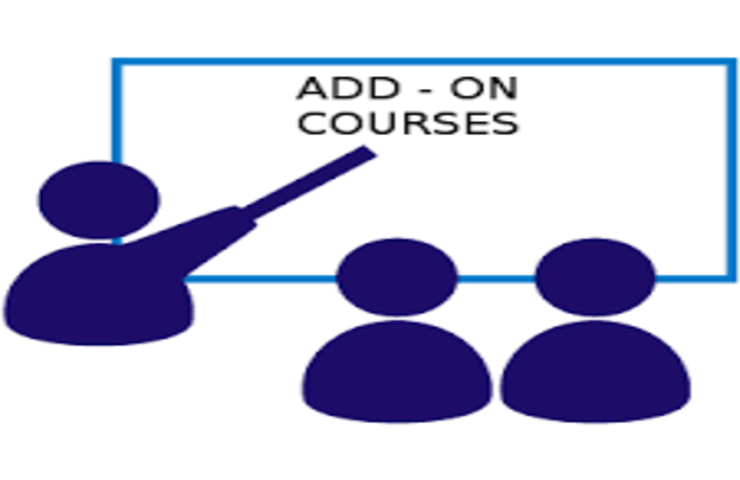
Mechanical Engineering
Mechanical Engineering Department started with the B.E. Programme in the year 2004. It is affiliated to Visvesvaraya Technological University (VTU), Belagavi, Karnataka. Since its inception, the department has been actively involved in imparting quality education to the students.
The Department has highly qualified, committed and motivated faculty. It has well equipped spacious Laboratories and other Infrastructural facilities to cater the needs of budding Mechanical Engineering students.
The departmental library has a sound collection of books including reference books & text books. The post graduate programme was started in the year 2013 in Thermal Engineering with 18 students intake. The department is recognized as a Research Centre of VTU.
Over the decade, the department has established state-of-the art laboratories in various subjects which are utilized both by undergraduate and post-graduate students for conducting experiments.
The department has MOUs with various sectors of industry ranging from automotive to manufacturing domains.
Mechanical Engineering
Our Vision
To provide value based education in the field of mechanical engineering for the society where the best of teaching, learning, research and consultancy synergize to face the global market.
Our Mission
To impart innovative knowledge and skills that enhances quality education.
To strengthen collaboration with industry, government and R&D institutes.
To develop abilities to cater the society needs through sustainable scientific approach.
Programme Educational Outcomes
PEO 1: Graduate will update themselves through lifelong learning such as higher studies, skill enhancement and other professional activities.
PEO 2: Establish a successful career in mechanical engineering and related fields in industry and other organization where an engineering approach to problem solving is highly valued.
PEO 3: Graduates will contribute to society through their devotion in science and technology leading to uplift their standard of living.
PEO 4: Contribute significantly in a multidisciplinary work environment with ethical standards by understanding the role of mechanical engineering.
Program Specific Outcomes
PSO1 : Analyze, design and develop machining systems to solve the engineering problems by integrating thermal, design and manufacturing domains of mechanical engineering.
PSO2 : Adopt a multidisciplinary approach to solve real-time industrial problems.
Programme Outcomes
- Engineering knowledge: Apply the knowledge of mathematics, science, engineering fundamentals, and an engineering specialization to the solution of complex engineering problems.
- Problem analysis: Identity, formulate, review research literature, and analyze complex engineering problems reaching substantiated conclusions using the first principles of mathematics, natural sciences, and engineering sciences.
- Design/development of solutions: Design solutions for complex engineering problems and design system components or processes that meet the specified needs with appropriate consideration for public health and safety and cultural, societal, and environmental considerations.
- Conduct investigations of complex problems: Use research-based knowledge and research methods including design of experiments, analysis, interpretation of data, and synthesis of the information to provide valid conclusions.
- Modern tool usage: Create, select, and apply appropriate techniques, resources, and modern engineering and IT tools including prediction and modeling to complex engineering achieves with an understanding of the limitations.
- The engineer and society: Apply to reason informed by the contextual knowledge to assess societal, health, safety, legal and cultural issues and the consequent responsibilities relevant to the professional engineering practice.
- Environment and sustainability: Understand the impact of professional engineering solutions in societal and environmental contexts and demonstrate the knowledge of and need for sustainable development.
- Ethics: Apply ethical principles and commit to professional ethics and responsibilities and norms of the engineering practice.
- Individual and team work: Function effectively as an individual and as a member or leader in diverse teams and in multidisciplinary settings.
- Communication: Communicate effectively on complex engineering activities with the engineering community and with society at large, such as being able to comprehend and write effective reports and design documentation, make effective presentations and give and receive clear instructions.
- Project management and finance: Demonstrate knowledge and understanding of the engineering and management principles and apply these to one’s own work, as a member and leader in a team, to manage projects and in multidisciplinary environments.
- Life-long learning: Recognize the need for, and have the preparation and ability to engage in independent and life-long learning in the broadest context of technological change.
CO PO Statements

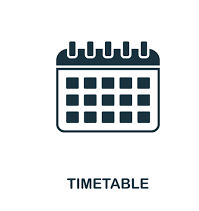
Time Table
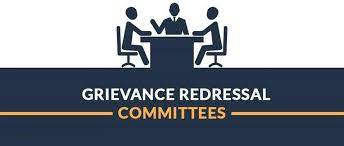
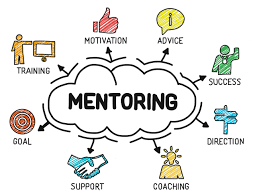
Mentor-Mentee List
Tellus posuere sem fermentum facilisis platea.
Highlights of the Department
Laboratories
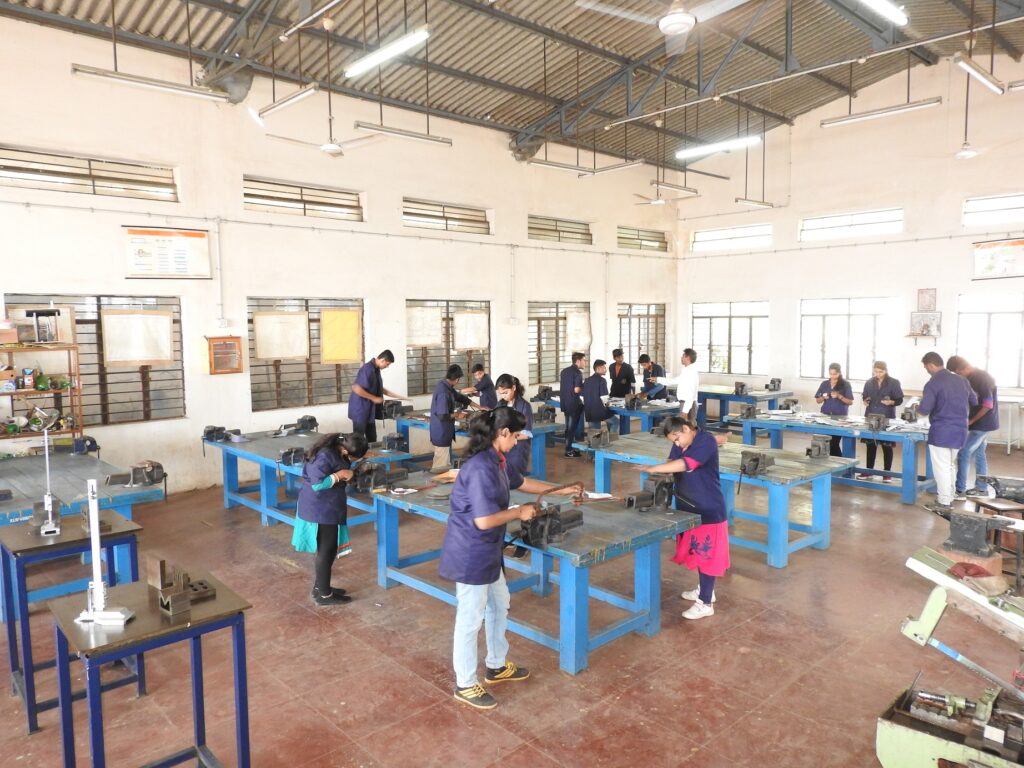
Workshop
Total Area in sq.m : 250
Major Equipment: Welding Machine, Bench Vices Vernier height gauge, ,Power Hack Saw Surface Plate, Fitting, Sheet metal, welding equipment.
Investment : Rs. 3,03,946.00
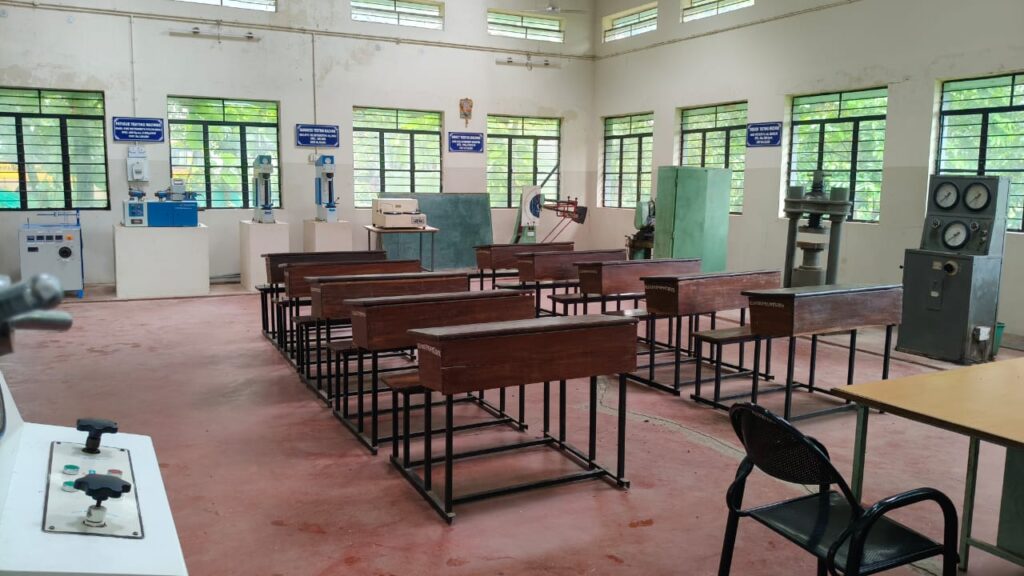
Material Testing Lab.
Total Area in sq.m: 120
Major Equipment: Universal Testing machine, Compression Testing, Torsion Testing, Impact Testing, Hardness Testing, Polishing Machines.
Investment: Rs.1,23,043.00
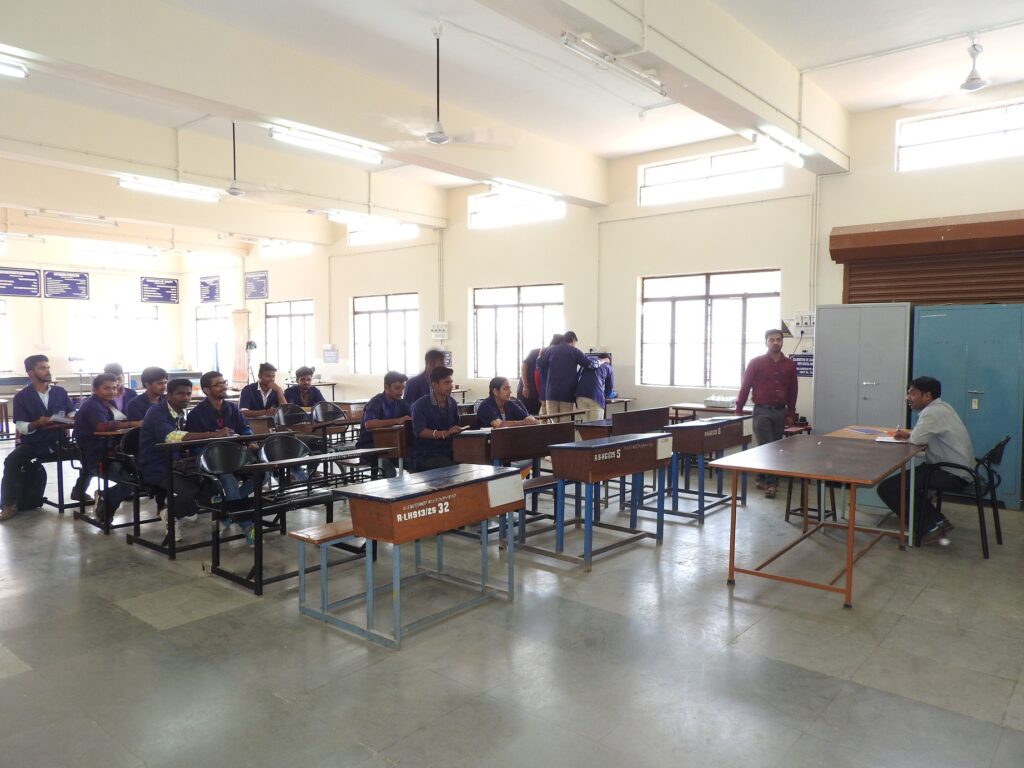
Mechanical Measurements & Metrology Lab.
Total Area in sq.m: 100
Major Equipment: Autocollimator, Surface Roughness Tester, Profile Projector, Slip gauge set, LVDT, Load Cell, Dead weight pressure gauge, Thermocouple, Strain gauge, Gear tooth vernier, Sin bar, Sine centre.
Investment: Rs. 6,15,032.00
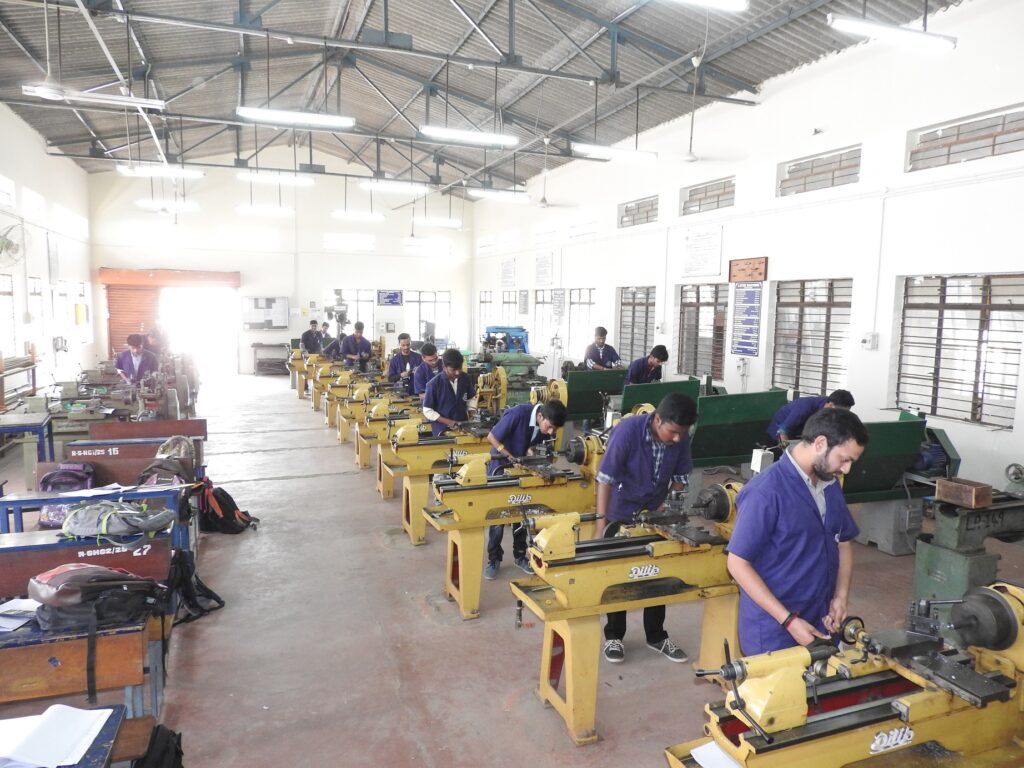
Machine Shop
Total Area in sq.m: 240
Major Equipment: Lathe Machines, Milling Machine, Radial drilling machine,Shaper Machine, Surface Grinding, Power hacksaw.
Investment: Rs. 26,23,167.00
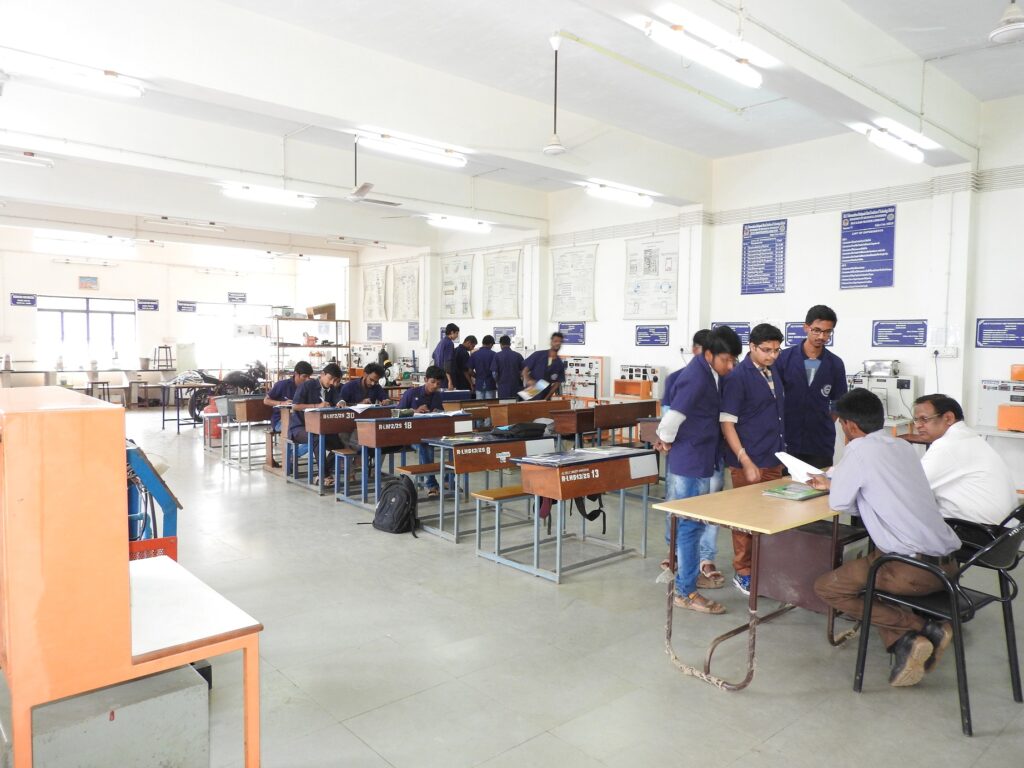
Heat Transfer Lab
Total Area in sq.m: 240
Major Equipment: Refrigeration Test Rig Air Conditioning Test Rig Parallel &counter flow Heat Exchanger Solar Pyranometer Thermal conductivity of metal rod Free and forced convection.
Investment: Rs.4,43,096.00
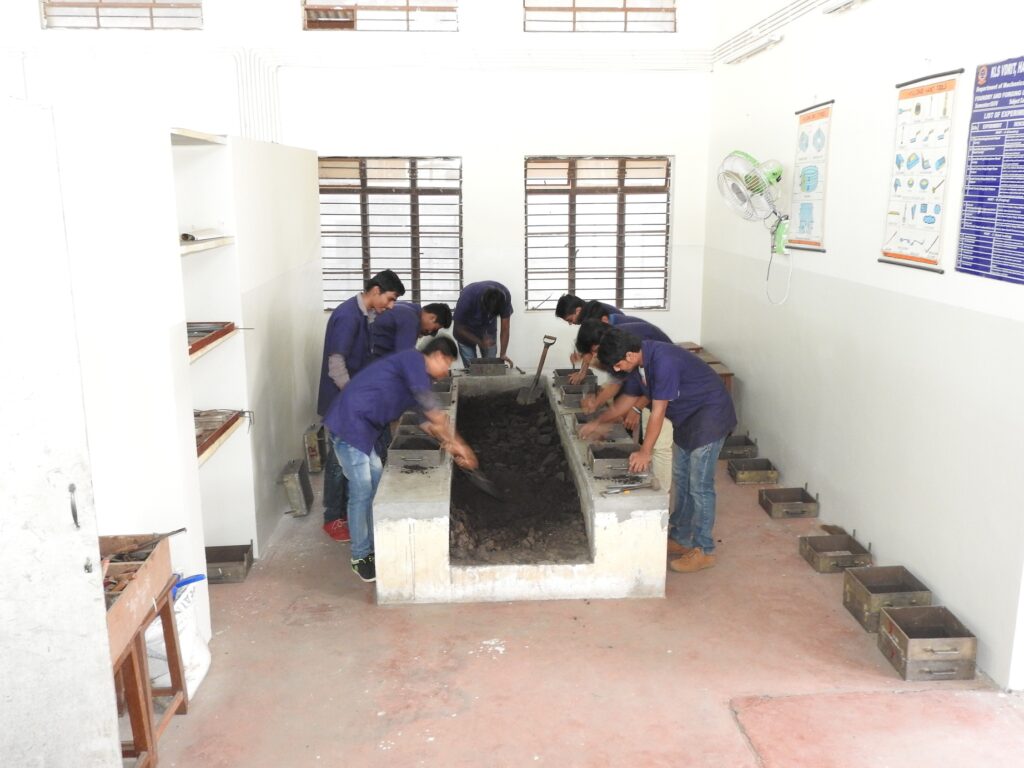
Foundry and Forging Lab
Total Area in sq.m: 240
Major Equipment: Anvil Furnaces Universal sand tester Sieve shaker Permeability tester Clay content Tester Ramming machine.
Investment: Rs.2,02,408.00

